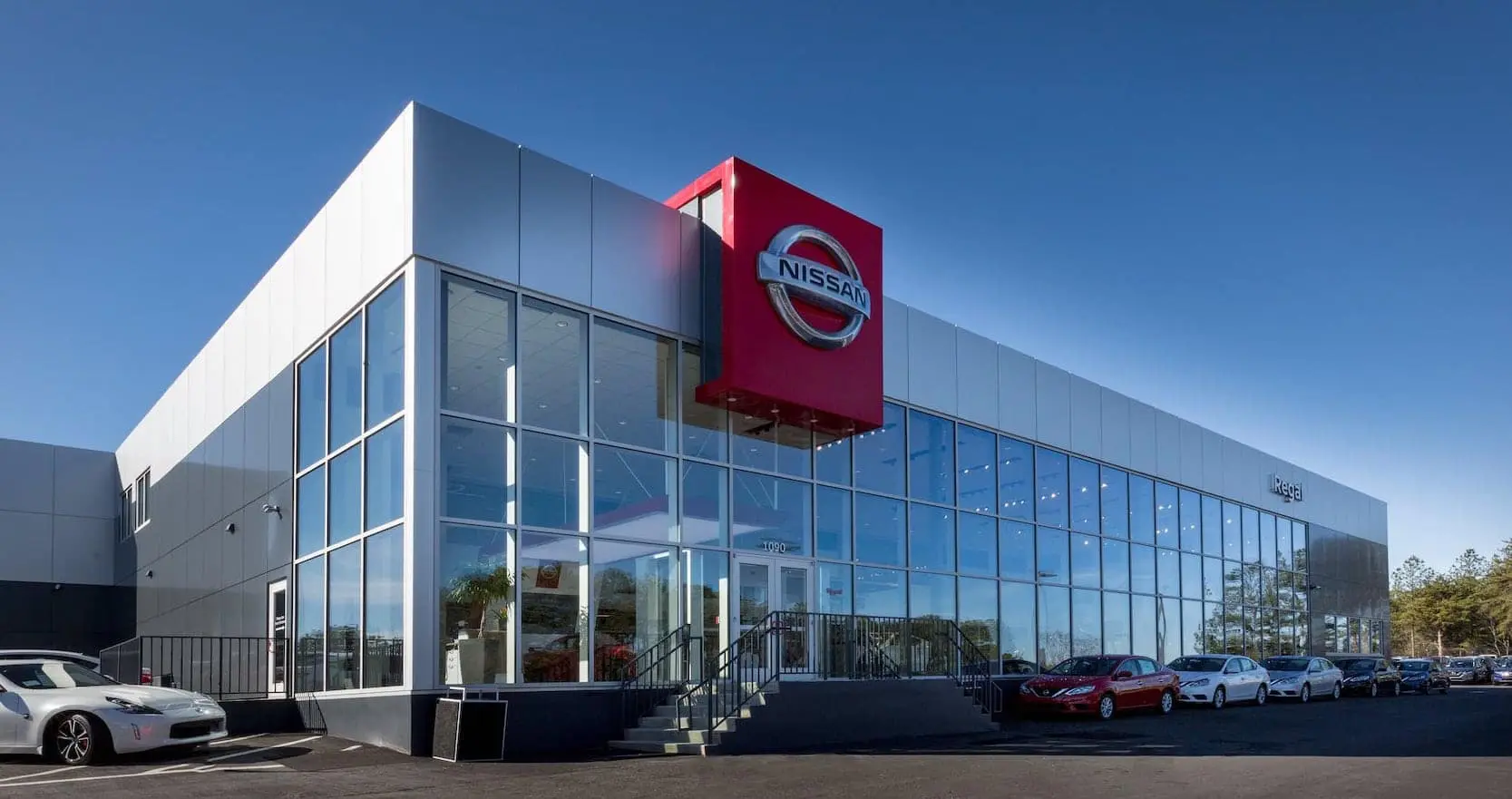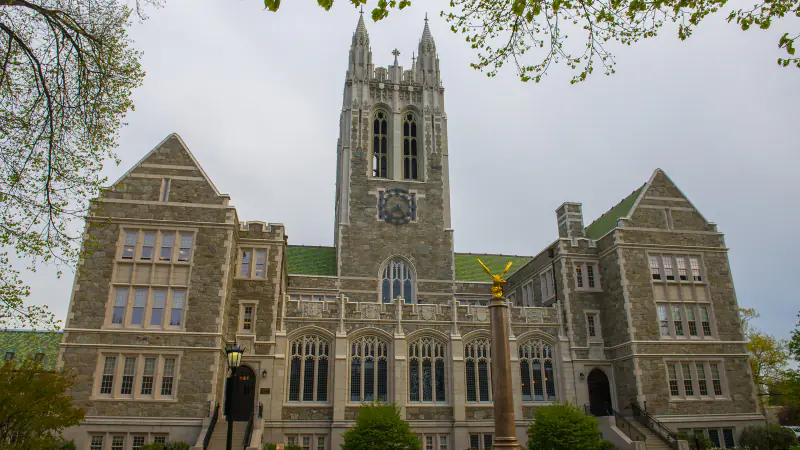Auto: Nissan Closing Its First-Ever International Plant — What It Means for Infiniti and U.S. Buyers

🚨 Nissan’s Global Shakeup Hits Mexico Hard
Nissan is making bold moves to cut costs and stay competitive, and two of its key Mexico plants are the next in line to be shut down — including Civac, the company’s first-ever factory outside of Japan.
Set to close by early 2027, these facilities are the latest casualties of Nissan’s sweeping “Re:Nissan” plan, aimed at downsizing its global production footprint from 17 plants down to 10. The strategy is meant to boost profitability and avoid a deeper financial spiral.
🏭 Civac: An End of an Era
The Civac plant in Morelos, built in 1966, holds a special place in Nissan’s history. But at nearly 60 years old, the facility is now seen as outdated and too costly to modernize. Currently, it manufactures models like the South American Frontier (NP300), the Mexico-exclusive V-Drive, and the U.S.-sold Nissan Versa.
Despite previous denials from Nissan about shutting Civac down, new reports suggest otherwise — and interestingly, Chinese automakers like BYD and SAIC are already eyeing the site for potential expansion into North America.
🏗️ What About COMPAS?
The second factory expected to be closed is the Cooperation Manufacturing Plant Aguascalientes (COMPAS), a joint venture with Mercedes-Benz that opened just a decade ago. Once home to production of the Mercedes GLB and Infiniti QX50/QX55, the plant has become a victim of Trump-era tariffs and EV-era realignments.
Infiniti halted new orders for the QX50 and QX55 earlier this year, and GLB production is scheduled to end by Q1 2026. The next-gen Mercedes compact SUV will be built elsewhere — likely in the U.S.
🧊 Nissan’s Official Statement
When reached for comment, a Nissan spokesperson didn’t deny the closures outright but said:
“Under Re:Nissan, we are reviewing the integration and closure of global sites. No final decisions have been made beyond the three announced closures. We remain committed to transparency with stakeholders and will provide updates as decisions are finalized.”
As of now, the three confirmed closures include:
- Oppama Plant in Japan
- One plant in Thailand
- A third, unnamed facility
If the Mexico closures become official, they’ll significantly impact Nissan’s manufacturing strategy in the Americas — especially as it navigates the EV transition, new tariffs, and rising competition from Asian automakers.
🔁 What’s Next for Infiniti, Versa, and U.S. Buyers?
The closure of these plants raises serious questions:
- Will the Versa continue to be sold in the U.S.?
- Is Infiniti becoming less of a priority for Nissan?
- Could Chinese automakers use these factories as a North American foothold?
Nissan’s restructuring might make financial sense — but the brand’s identity, supply chain, and future EV ambitions all hang in the balance.
🛠️ MainEvent.News | Backstage Take
The Re:Nissan initiative is more than just corporate restructuring — it's a high-stakes survival play. With legacy plants on the chopping block and EV priorities reshaping production strategies, the message is clear: Nissan is betting big on consolidation and electrification. But with Chinese manufacturers circling and Infiniti’s future in limbo, the brand’s next chapter could be written far from its long-time manufacturing homes.
BuzzLine Headlines

BuzzLine Mini-Series: Revisiting History | How Rockefeller Quietly Bought the 1896 Presidency — And Why It Still Matters Today

BuzzLine News: Boston University College Students Demand Security, Accountability After Charlie Kirk Assassination

BuzzLine News: Who is Tyler Robinson? The Man Identified as Charlie Kirk’s Killer; Admits to Shooting in Chilling Confession


